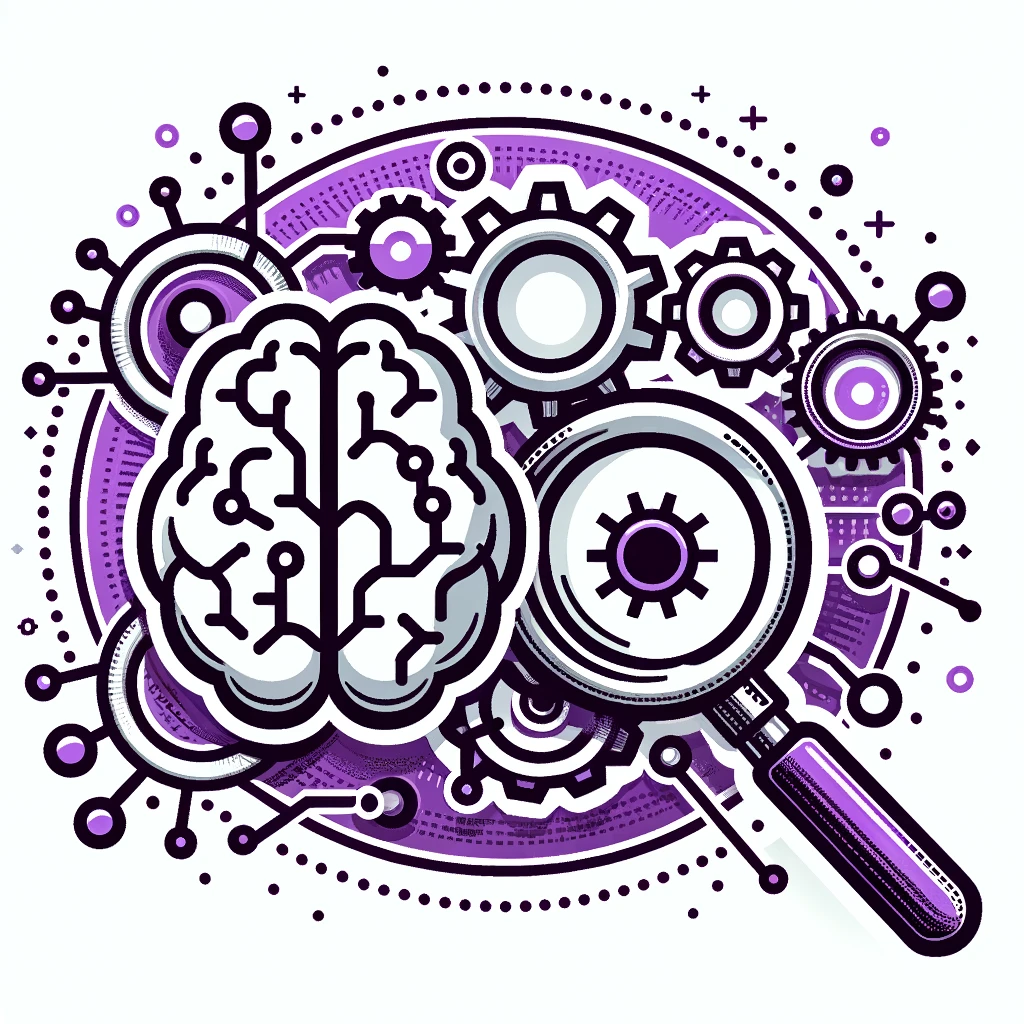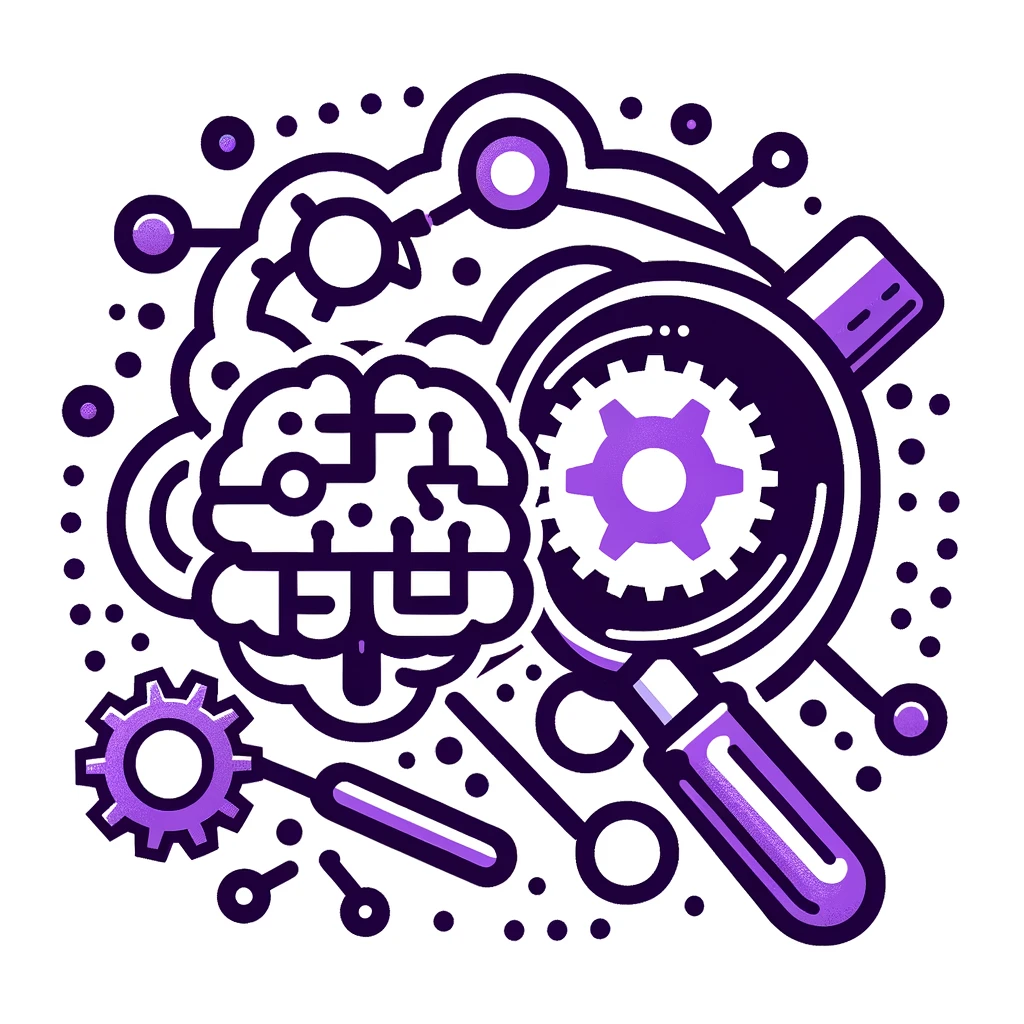Today, AI and ML revolutionize industries, including content creation, and agencies need to offer opportunities for enhanced digital presence. In this guide, we’ll explore their role and how businesses can leverage them for success and discuss some AI and machine learning digital content solutions.
AI and ML are integral to content creation, enabling high-quality, relevant content production at scale. With AI-driven tools, organizations streamline processes, reduce manual effort, and accelerate time-to-market.
Enhancing Content Personalization with AI and ML
AI and ML technologies drive engagement by enabling highly personalized content experiences through data analysis. They also optimize content performance with data-driven insights and predictive analytics.
By analyzing user interactions and engagement metrics, businesses gain insights into content effectiveness. AI-powered analytics tools facilitate data-driven decisions, from A/B testing headlines to refining social media messaging.
Harnessing AI and ML unlocks opportunities for innovation and growth in content creation and marketing. Organizations can deliver personalized experiences and optimize content performance to drive success in the digital landscape.
Trends in AI and ML for Content Creation in 2024

As we delve deeper into 2024, several notable trends are shaping the landscape of AI and machine learning in content creation for content agencies and Ecommerce business owners. These trends reflect the evolving needs of businesses and consumers in an increasingly digital-centric world. Let’s explore some of the most prominent trends in AI and ML for content creation this year:
1. AI-Powered Content Personalization:
In 2024, AI-powered content personalization tools and strategies grow more sophisticated, delivering hyper-targeted content experiences. Businesses leverage advanced machine learning algorithms to analyze data and offer personalized recommendations across digital channels.
AI-driven personalization enhances customer engagement, drives conversions, and fosters long-term brand loyalty. Businesses prioritize personalization to connect with their audience on a deeper level.
2. Natural Language Generation (NLG):
Natural language generation (NLG) is gaining traction as a powerful tool for automating content creation tasks and generating human-like text at scale. NLG algorithms analyze structured data inputs and generate coherent, contextually relevant narratives in natural language.
In 2024, NLG is being utilized in various applications, including generating product descriptions, writing news articles, and crafting marketing copy. As NLG technology continues to advance, businesses can expect to see increased adoption of this technology to streamline content creation workflows, improve efficiency, and deliver high-quality content at scale.
3. AI-Driven Content Optimization:
Revolutionary AI and ML technologies transform content optimization strategies, allowing businesses to maximize impact and performance. In 2024, AI-driven content optimization tools utilize predictive analytics and machine learning algorithms to analyze user behavior, identify content trends, and offer actionable insights for enhancing content effectiveness.
From refining SEO strategies to optimizing headlines and images and shaping social media messaging, AI-driven content optimization tools enable businesses to make data-driven decisions, fostering success in the digital content solutions landscape.
4. Voice and Visual Search Optimization:
Voice-activated devices and visual search drive businesses to adapt content strategies. AI and ML technologies optimize content for these trends, improving visibility and accessibility.
Businesses employ AI-driven solutions to optimize website content for voice and visual search. This ensures content remains relevant in a voice-first and visually-driven digital ecosystem.
5. AI-Powered Content Curation:
In 2024, AI-powered content curation tools streamline discovering, organizing, and sharing content across digital channels. Businesses prioritize content curation to deliver valuable and relevant content to their audience amidst the noise.
Some Insights from Experts
The transformative link between AI and SEO boosts search engine performance and user experience in Ecommerce. AI technologies like NLP and machine learning algorithms such as RankBrain revolutionize how Google and Bing understand queries, ensuring personalized results.
Marketers leverage AI integration into SEO for precise targeting, enhancing visibility and engagement rates. This integration improves search relevance and delivers more personalized results to users.
A compelling statistic from ZipDo reveals that companies leveraging AI for SEO outperform their competitors by 50%, underscoring the competitive advantage AI offers in the digital marketing sphere. Furthermore, the use of AI in SEO has led to searches becoming 40% more effective, highlighting the significant impact of AI on improving search accuracy and efficiency (ZipDo, 2024).
An expert in the field, Helene Jelenc from Flow SEO, shares her perspective on the value AI brings to SEO: “AI has just changed the game by increasing the value I can provide as an SEO. From summarizing highly technical content to helping me brainstorm potential topics for obscure niches. ChatGPT is only as good as the prompt it’s given, which lends itself as an invaluable tool for SEOs who are experienced working with algorithms, AI and ML through Google.”
Wrapping Up
In conclusion, the integration of AI and machine learning in content creation offers tremendous potential for businesses to enhance their digital content solutions and drive success in today’s competitive landscape.
By leveraging AI-powered content generation tools, personalization algorithms, and predictive analytics, organizations can streamline the content creation process, deliver personalized experiences, and optimize content performance for maximum impact.


